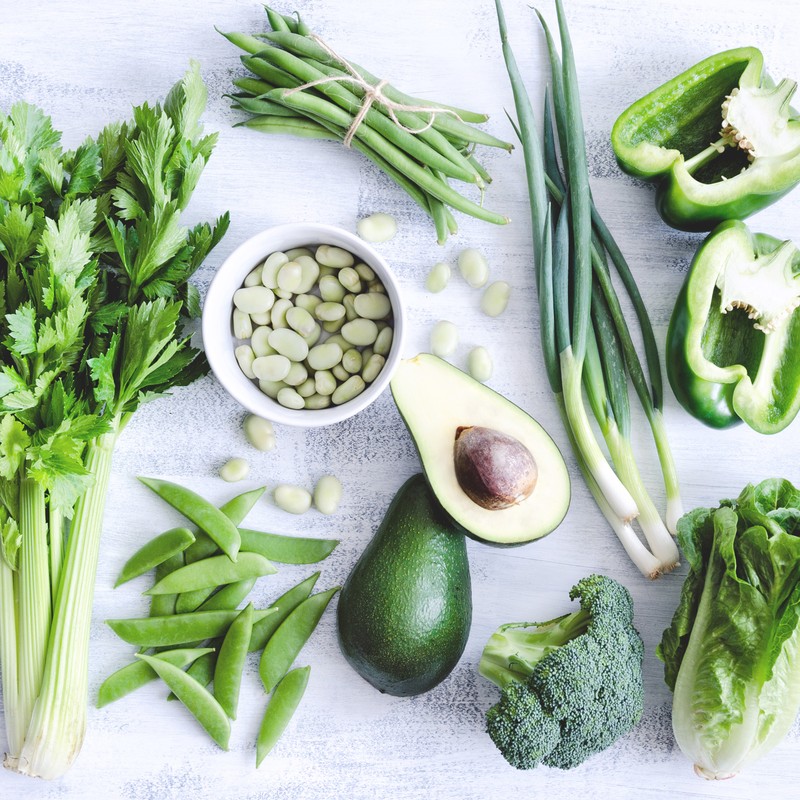The Antioxidant You Didn’t Know About
Tell us more…
Glutathione is naturally produced by the liver and is the body’s most powerful antioxidant, working to combat toxins and turn them into bile. It also plays a key role in red and white blood cell formation.
However, outside of the wellness community, few people have heard of it… until now. Thanks to new research, scientists are beginning to understand its importance: While there’s never going to be a magic health bullet, glutathione comes pretty close.
“Top up your levels and glutathione can be the difference between a vibrant, energetic life and one that’s anything but,” explains nutritionist Rebecca Pilkington. “Come up short and you’re putting yourself in the path of all manner of health problems.”
So what exactly does it do?
As Rebecca explains, glutathione helps the body produce and recycle antioxidants, which is vital for maintaining cellular health, boosting everything from your skin to immune system. When levels are depleted, this process is inhibited and free radicals can build up in the body.
The antioxidant has been extensively studied for its ability to slow ageing, reduce the chance of degenerative disease, improve mental performance and strengthen cells after chemotherapy. Renowned American physician Dr Mark Hyman calls it “The most important molecule you need to stay healthy and prevent ageing, cancer, heart disease and dementia as well as treat everything from autism to Alzheimer’s.”
Are we producing enough of it?
No. As functional medicine expert Dr Frank Lipman says, “The odds of having optimal glutathione levels past the age of 20 are pretty slim – with ageing, your body is fighting a bit of a losing battle, with natural production dropping by roughly 10% per decade,” adding that by the time you’re in your 60s, you’re working with half the amount you made in your 20s.
Lifestyle factors can also deplete glutathione levels, with poor diet, pollution, toxins, medications, stress, trauma, infections and radiation all the worst culprits.
How can you boost your levels?
There are glutathione supplements available, but Pilkington suggests there’s no need to buy them unless you suspect a deficiency, as glutathione can also be found in certain fruits, vegetables and meats.
“Changing your lifestyle is always going to have the biggest effect, so as well as reducing your toxic load try to include plenty of sulphur-rich foods in your diet, including cruciferous vegetables (broccoli, cabbage, kale, Brussel sprouts and watercress), onions and garlic as well as grass-fed meat and eggs. It could also be worth boosting your selenium intake (selenium is a key nutrient needed for glutathione production and deficiencies are common) with seafood and brazil nuts,” she says.
If you do think you’re deficient, consider booking an appointment with a nutritionist who may suggest you take liposomal glutathione, which is expensive but easily absorbed by the body, as well as N-Acetyl-Cysteine, which can boost glutathione levels.
Anything else to know?
Studies have also suggested exercise can help to raise glutathione levels and thereby boost your immune system, improve detoxification and enhance your body’s own antioxidant defenses.
As Dr Lipman advises: “Start slowly, but you should be building up to at least 30 minutes per day of vigorous aerobic exercise such as walking or jogging. Strength training for 20 minutes three times a week is also helpful.”
However, be wary of overdoing it as Lipman says an overly aggressive exercise programme can do more harm than good, inadvertently facilitating the production of health-harming free radicals. Also, relax – “Unmanaged, chronic stress depletes glutathione,” he says.
DISCLAIMER: We endeavour to always credit the correct original source of every image we use. If you think a credit may be incorrect, please contact us at info@sheerluxe.com.


